-
La Niña, 3 years in a row: a climate scientist on what flood-weary Australians can expect this summer

We must prepare for a wet spring and possibly another wet summer to come.
-
The Southern Ocean absorbs more heat than any other ocean on Earth, and the impacts will be felt for generations
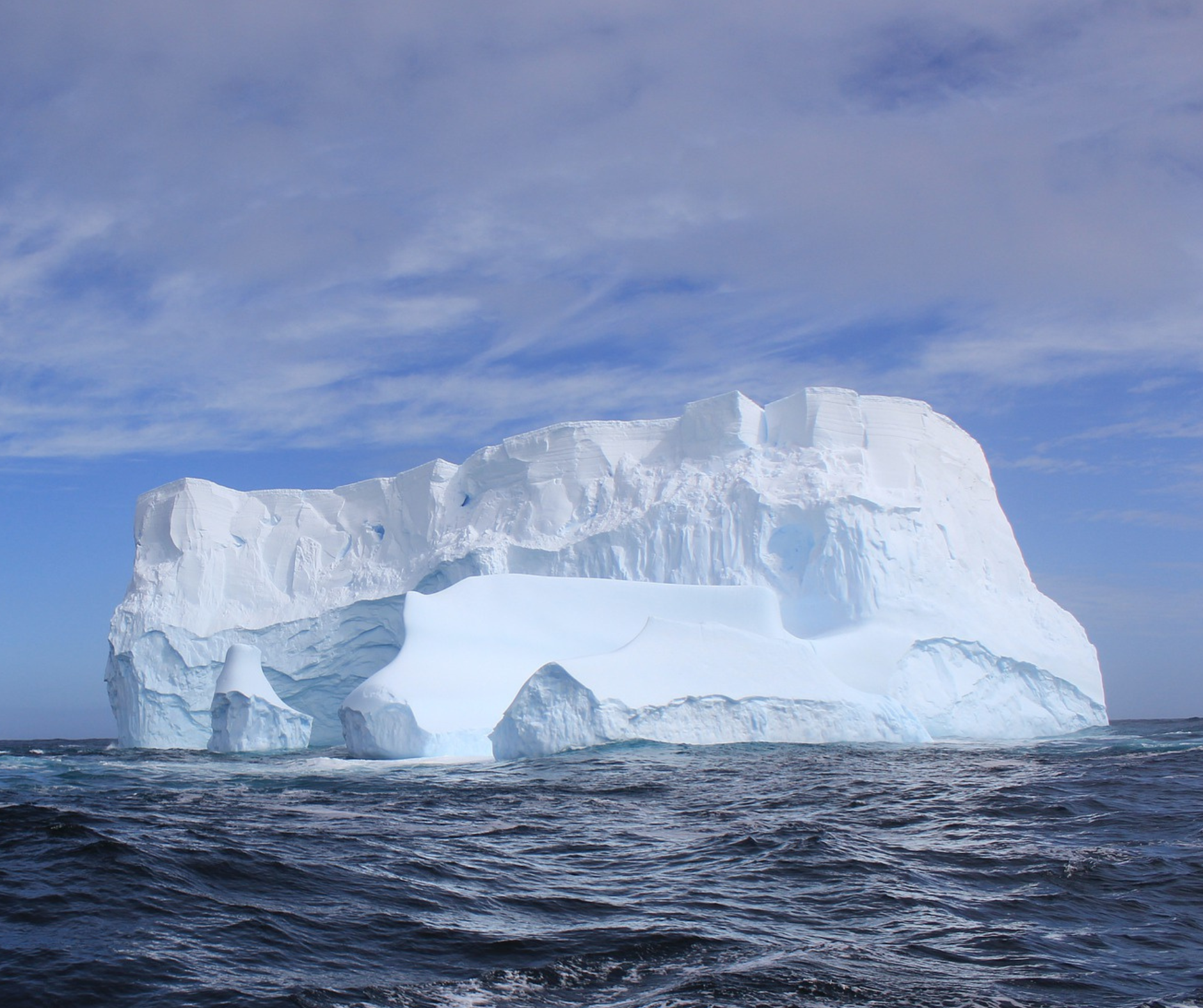
If the Southern Ocean continues to account for the vast majority of ocean heat uptake until 2100, we might see its heat content increase by as much as seven times more than what we have already seen up to today.
-
The world’s “new ocean” could have big impacts on how we manage climate change
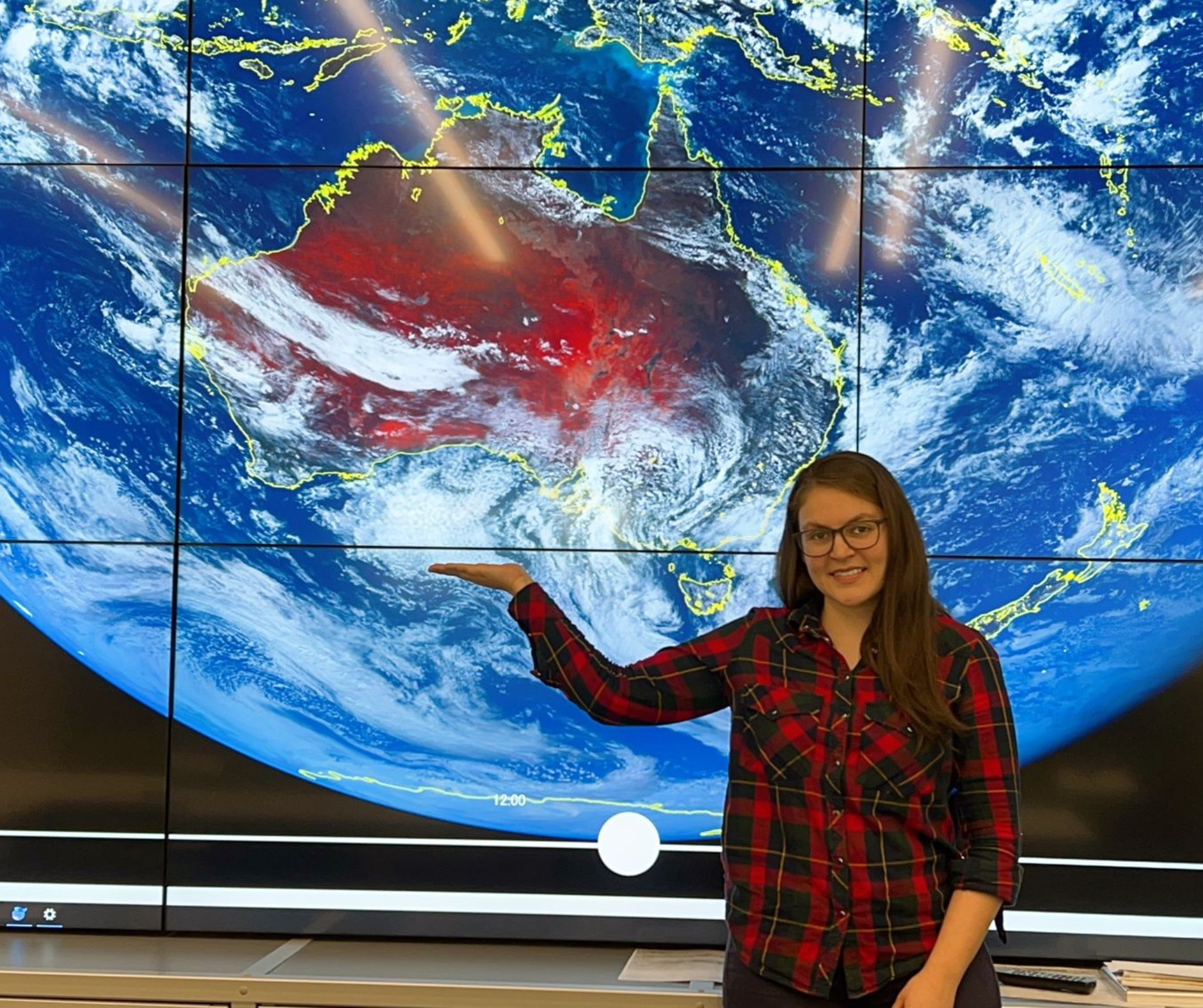
Clouds are the missing part of the orchestra in climate modelling and predictions.
-
High impact compound events in Australia
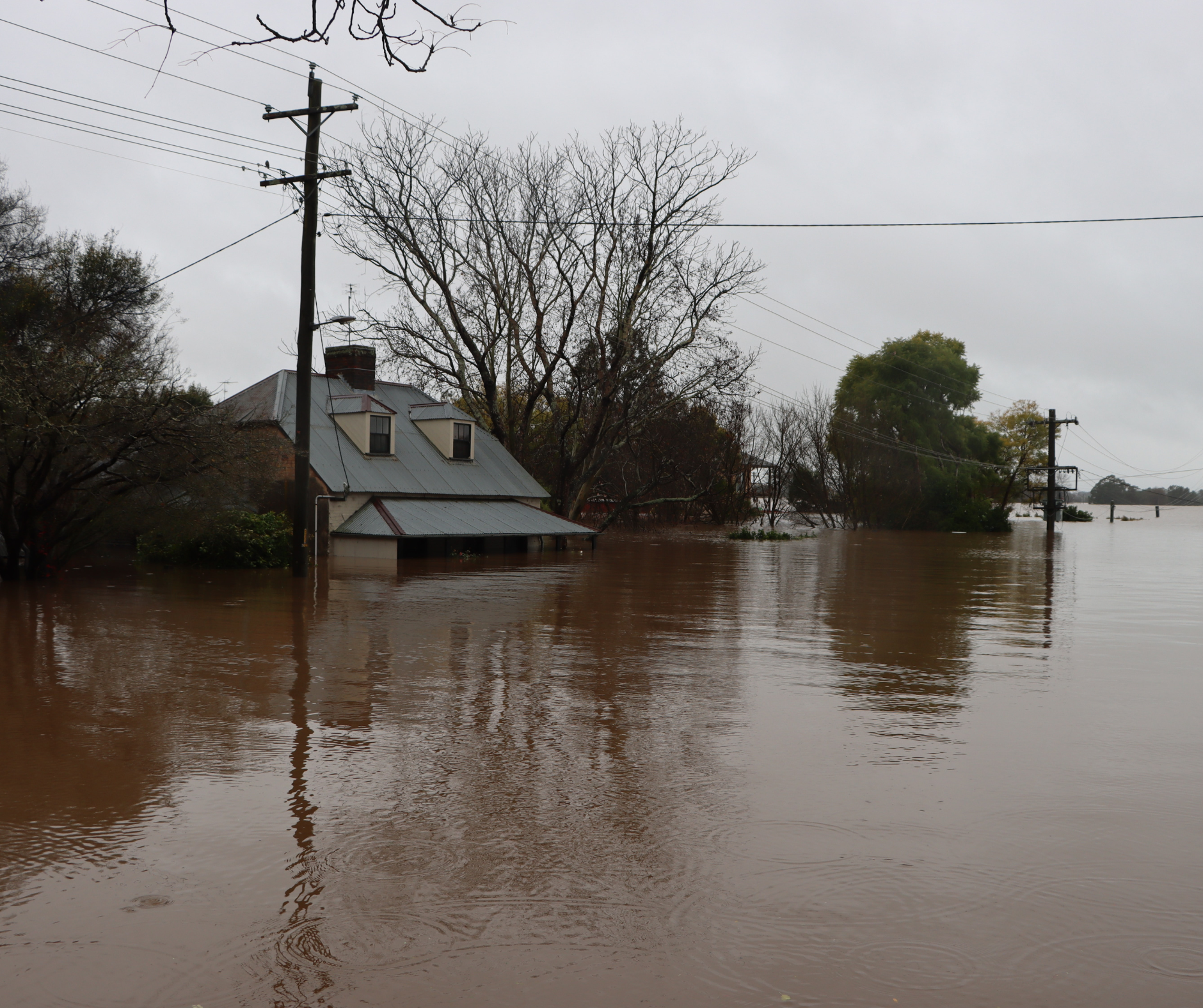
Almost all catastrophic events are the consequence of multiple drivers acting together.
-
A climate scientist on the planet’s simultaneous disasters, from Pakistan’s horror floods to Europe’s record drought
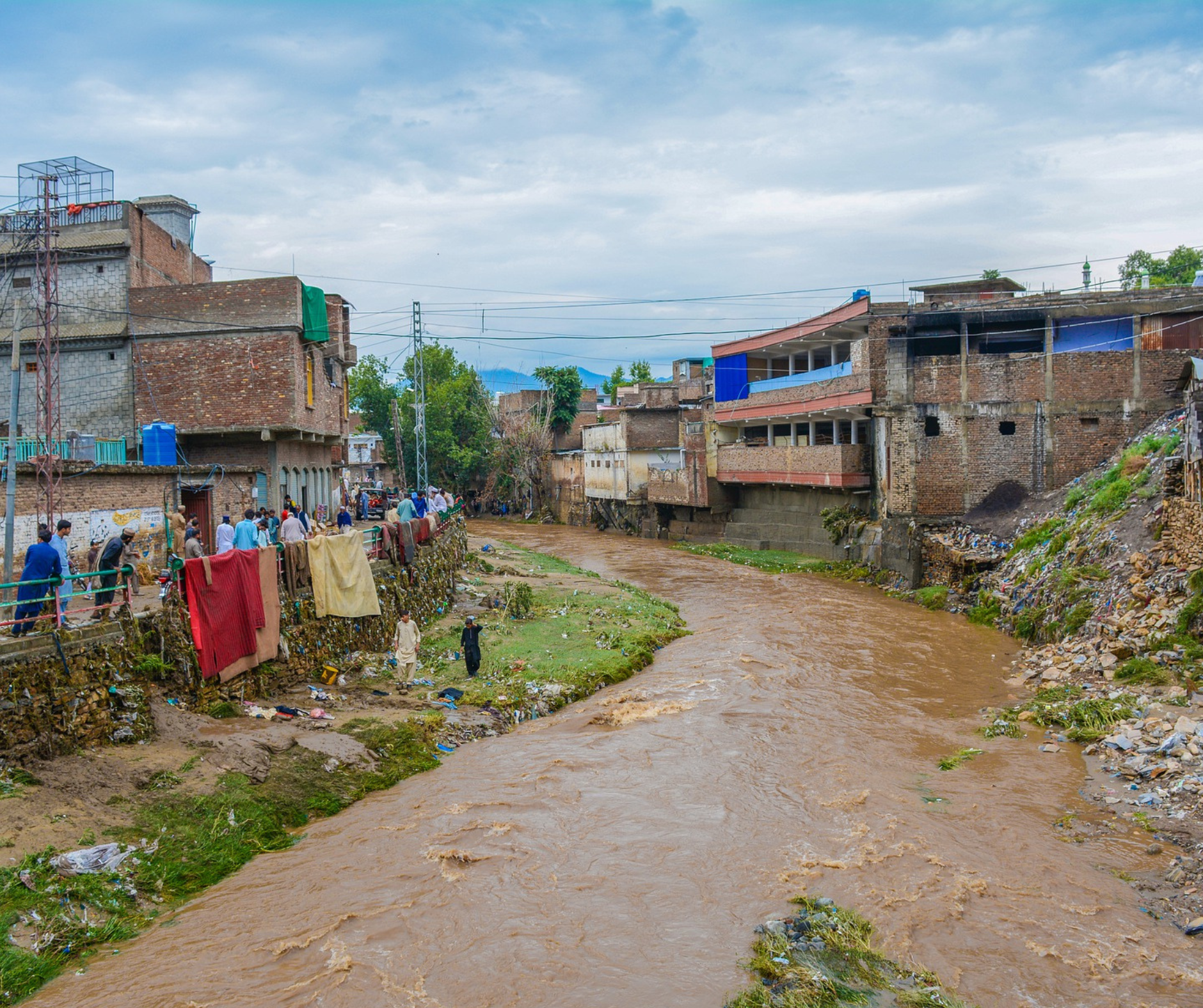
With so many extreme weather events causing mass deaths and large economic and environmental problems, it’s worth considering whether climate change may be making these events worse.
-
PhD opportunity: Convection zones in Australia under climate change
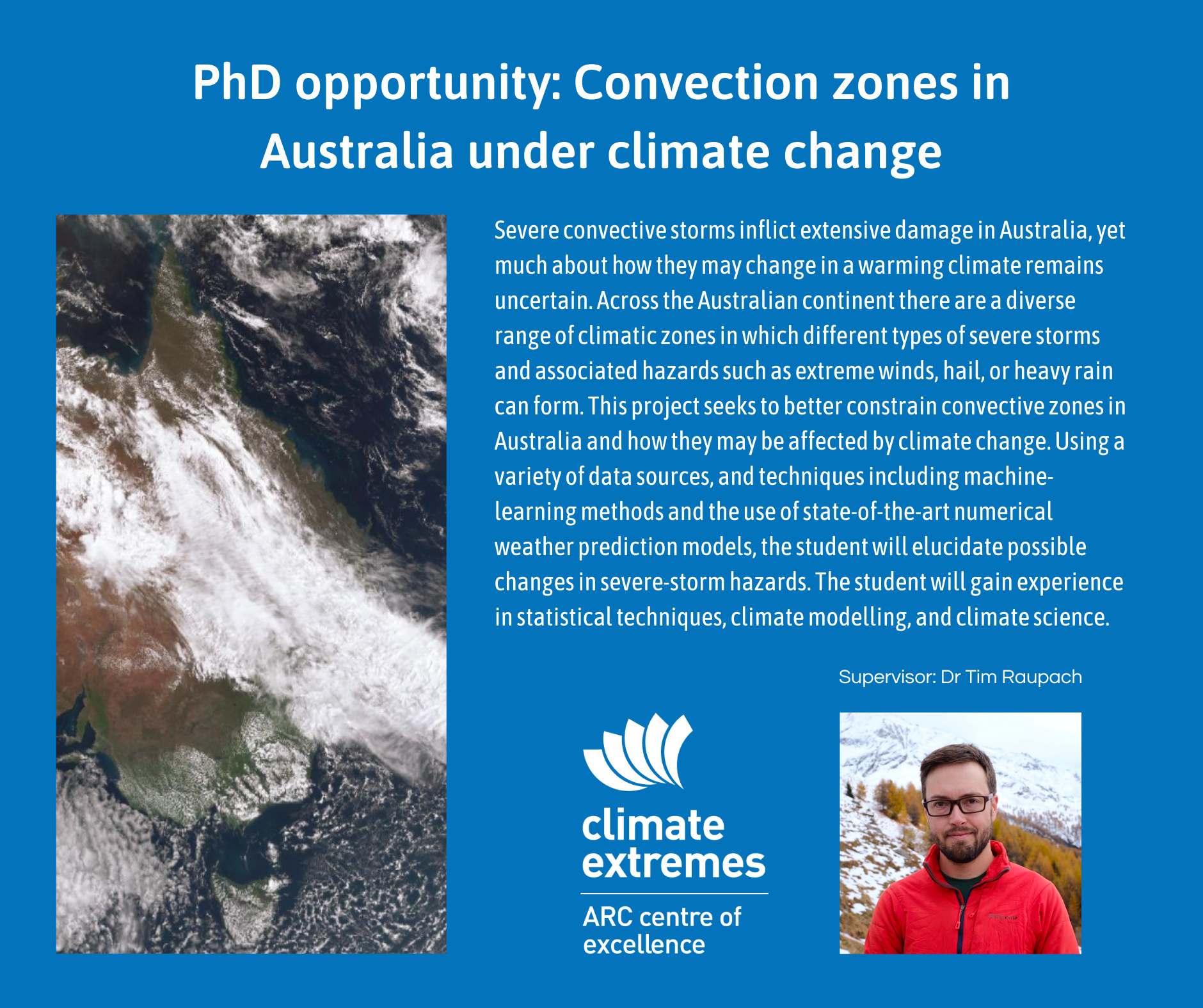
This project seeks to better constrain convective zones in Australia and how they may be affected by climate change.
-
PhD Opportunity – Modelling warm climates of the Miocene and Oligocene
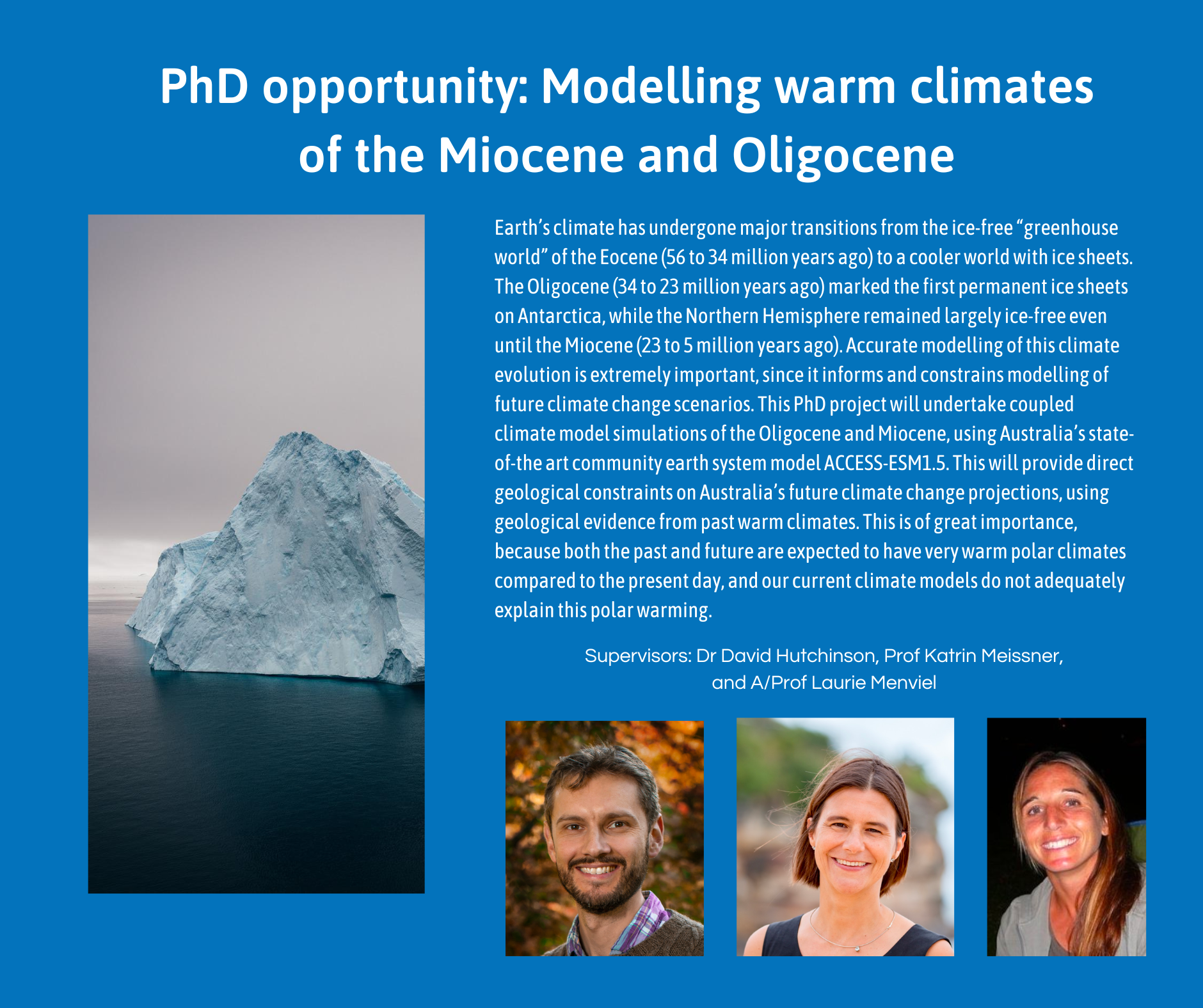
This PhD project will undertake coupled climate model simulations of the Oligocene and Miocene, using Australia’s state-of-the art community earth system model ACCESS-ESM1.5.
-
BOM has declared a 70% chance of a 3rd consecutive La Niña year
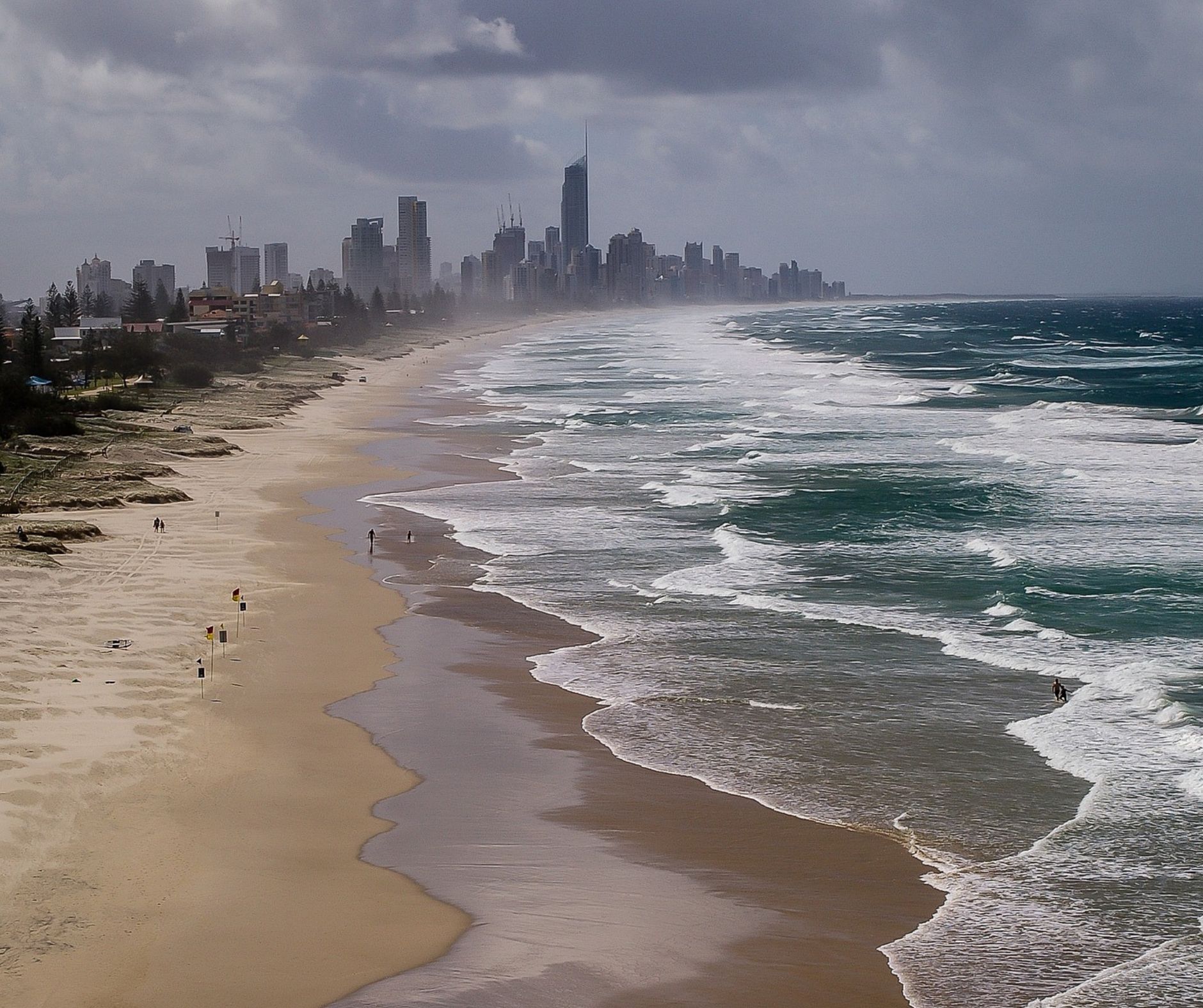
Despite the recent La Niña years, Prof Arblaster says the global temperatures in the 2020s have remained over 1°C warmer than the pre-industrial period, which indicates the “overwhelming influence of human influence on the climate and the urgent need to reduce emissions”.
-
Dr Navid Constantinou explains his work in climate science – surf’s up!
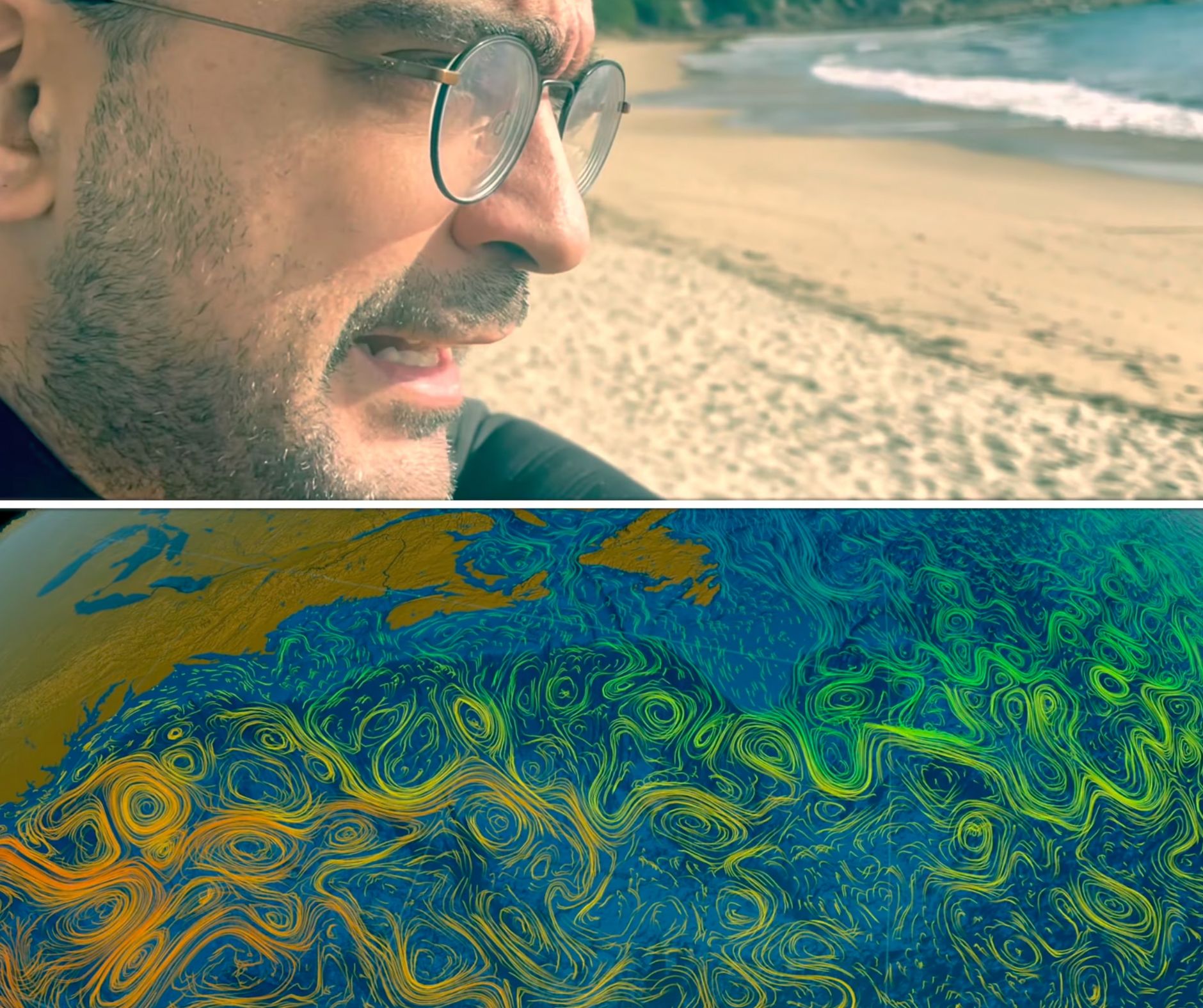
ARC Centre of Excellence for Climate Extremes associate investigator Dr Navid Constantinou explains his work as a physicist and geophysical fluid dynamicist.
-
PhD opportunity: Unravelling future drought risk in Australia
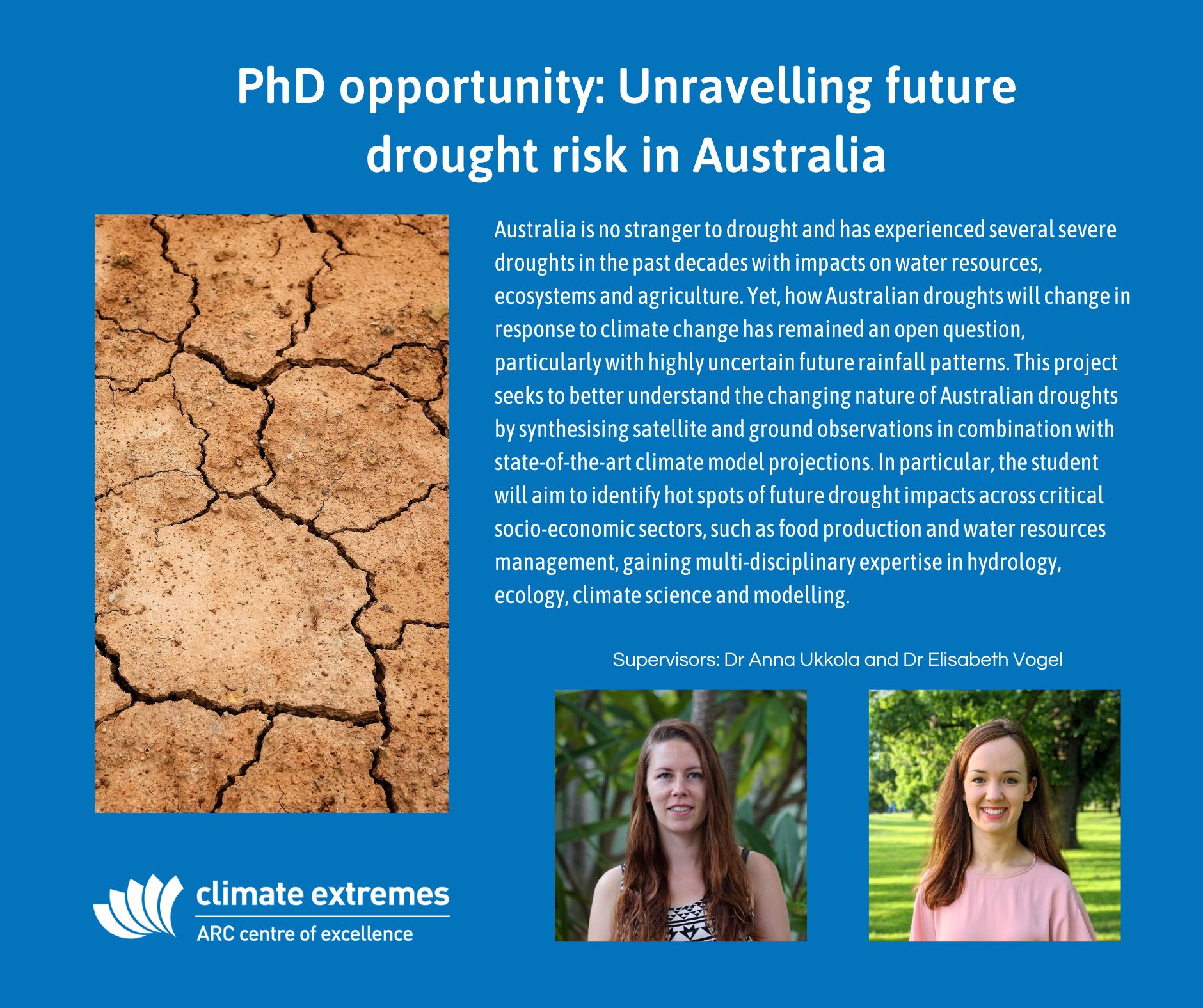
Graduates with a strong background in hydrology, mathematics, physics, atmospheric science, climate science, engineering or similar quantitative sciences are particularly encouraged to apply.
